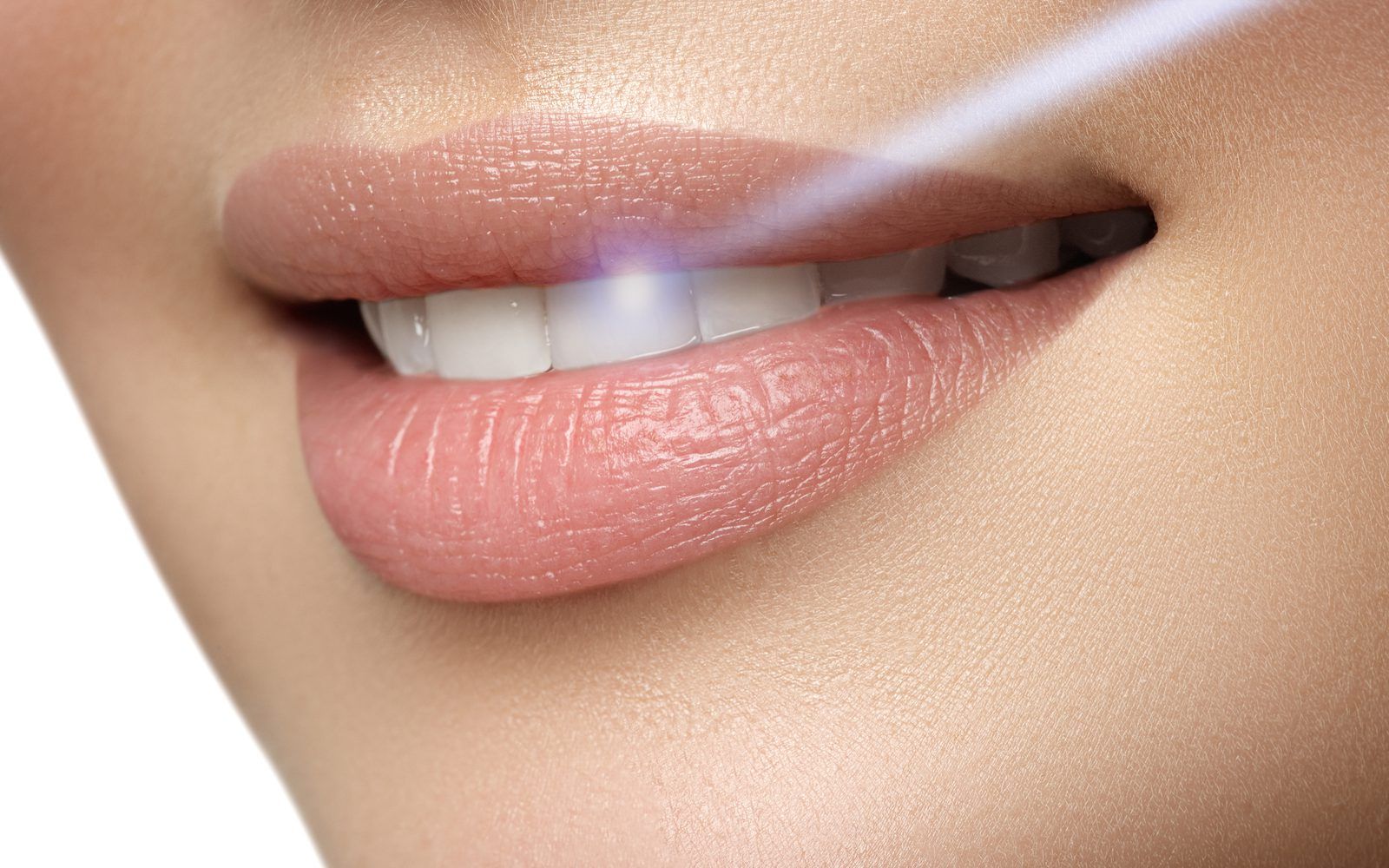How Dental Lasers Can Help With Severe Dental Anxiety

For many, feelings of nervousness while visiting the dentist are a normal experience and most often can be easily relieved through reassurances and proper dental care. However, those experiencing more consistent, intense feelings of fear, anxiety, and panic can inhibit proper dental care, often leading to avoidance and poor oral health. When severe enough, it becomes a dental phobia, leaving people panic-stricken and terrified in any scenario where dentistry is present. For people with severe dental anxiety, managing these symptoms is a present challenge that many dentists often have to work with to be able to retain patients and help improve their oral health. In response to this issue, some practices have begun introducing laser treatments as a method for resolving issues with dental anxiety as a new technique for providing care.
What Can Laser Dentistry Do For Patients?
Laser dentistry is a specific type of dentistry where dentists certified in these techniques use lasers as a way to perform surgical procedures. In a medical context, lasers are designed to provide intense waves of energy in the form of light to help treat poor oral health problems. While the idea of lasers may sound intimidating to some, laser dentistry can provide patients with severe dental anxiety with a pain-free experience that lessens its symptoms. Through using lasers, dentists can perform multiple treatments, including:
- Root Canal Procedures: Root canal therapy often requires the use of traditional scalpels and rotary instruments to clear out any signs of infected or decaying pulp to help reduce pain. The use of these instruments often results in anxiety or panic-ridden experiences from patients with these conditions, and thus the use of lasers can help reduce noise levels and feelings of anxiety.
- Tooth Decay Removal: For signs of tooth decay, restorative procedures that require toothy decay can be eliminated through laser treatments and can also be used to help prepare for other procedures such as fillings, crowns, and veneers.
- Gum Treatment: For treating signs of periodontal disease and for reshaping the gums, lasers can work as a precise method to remove excess bacteria along the gumline and promote better accuracy while performing reshaping treatments.
- Soft Tissue/Enamel Treatment: Dental lasers can also work to cut through soft tissues in the mouth besides the gums and can work to prepare the enamel for restorative treatments.
Laser dentistry provides many opportunities, as it works differently from traditional methods. It can provide unique treatment options for those sensitive to dental treatment and can help foster a more positive experience overall. Because of its silent, efficient nature, it provides a more accurate experience for the dentist using it and creates a calmer experience for patients with dental anxiety. This type of procedure can be especially useful for children and young teenagers and create a healthy environment for better oral health. To learn more about what this form of treatment has to offer for your dental health, the best resource you can use to gain more information is through your local dentist.

